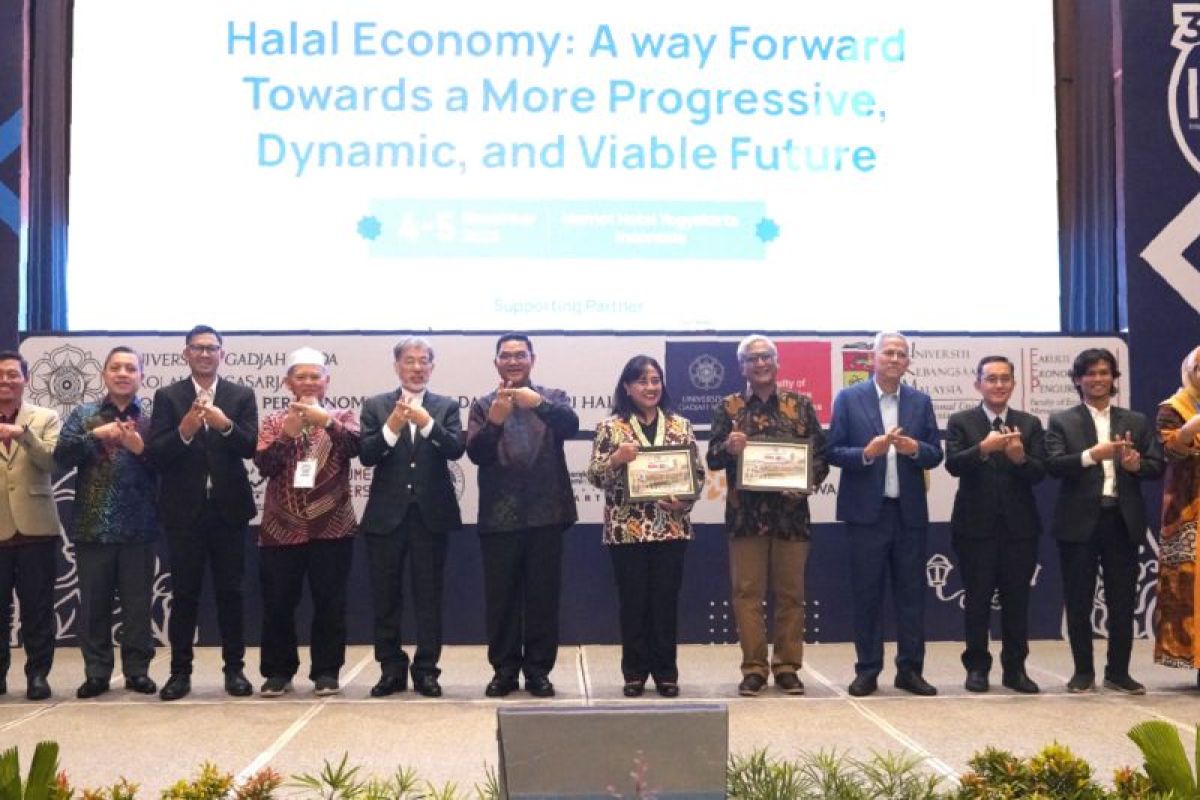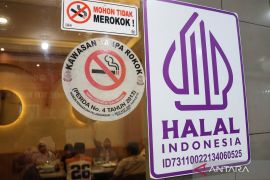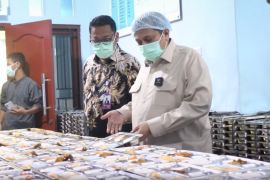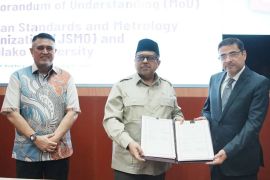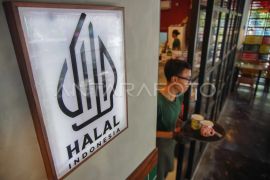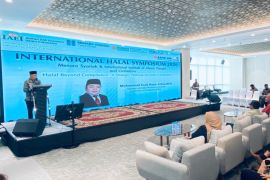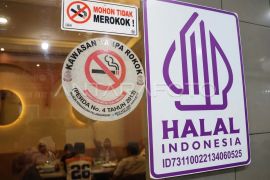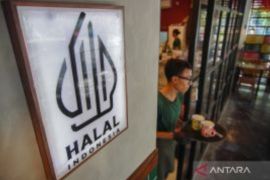“Yogyakarta has been recognized as a sharia city but still lacks a structured halal zone,” said Rika Fatimah, vice chair of ICIHES 2025, in Yogyakarta on Wednesday.
ICIHES 2025, held on Nov. 4–5 in Yogyakarta, brings together academics, policymakers, and industry leaders to discuss global trends in Islamic economics and the halal industry.
The event is jointly organized by UGM, Universiti Kebangsaan Malaysia, Kyoto University, and Ritsumeikan University, with support from the Yogyakarta branch of the Sharia Economic Society (MES) and local halal communities.
Rika said the conference complements a series of community empowerment programs designed to ensure its impact reaches grassroots businesses.
The initiative focuses on developing three categories under national standards: halal industrial zones, Muslim-friendly tourism areas, and halal culinary hubs.
The model is implemented through the Global Gotong Royong Tetrapreneur (G2RT) platform, which promotes a “one village, one ecosystem” approach rather than focusing on individual micro and small enterprises. The model, first launched in 2017, now covers 36 villages across Yogyakarta.
Three villages have been designated as pilot halal zones through collaboration between UGM and MES Yogyakarta, supported by regional special autonomy funds.
Rika said the project aims to be sustainable without relying solely on government budgets.
She added that the initiative could serve as a national reference, as Yogyakarta often becomes a model for other regions.
ICIHES 2025 chair Reni Rosari said strengthening village-based halal zones aligns with the growing global halal economy, valued at US$3.1 trillion in 2018 and projected to reach $5 trillion by 2030.
Indonesia’s halal industry was worth USD184 billion in 2020 and is expected to hit $281.6 billion by 2025, she said.
With regard to the Indonesian government’s commitment to halal products, the Halal Product Assurance Organizing Agency (BPJPH) has recorded a total of 9.6 million halal-certified products nationwide.
BPJPH Head Ahmad Haikal Hasan said the achievement reflects the growing awareness and commitment of business players to halal product assurance across various sectors.
“In total, 9.6 million products in Indonesia have been certified halal. Halal-certified products are recognized for their quality, hygiene, and cleanliness, which enhance their competitiveness in the market,” Haikal said in a recent statement.
Related news: Sharia economy to drive transformation in Indonesia, world: BI
Related news: Halal certification to bolster economy, backs halal hub push: BPJPH
Translator: Luqman H, Rahmad Nasution
Editor: Primayanti
Copyright © ANTARA 2025
